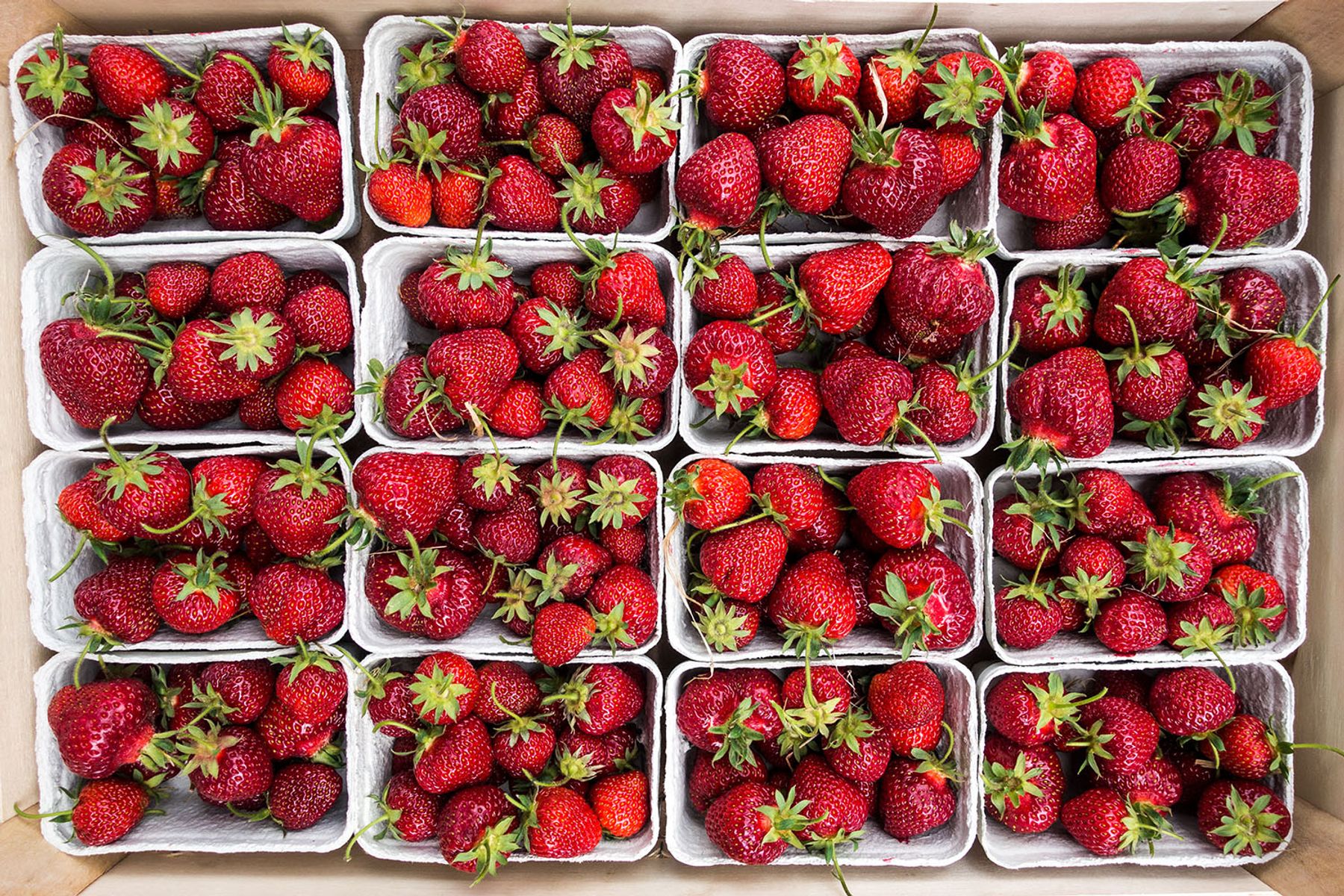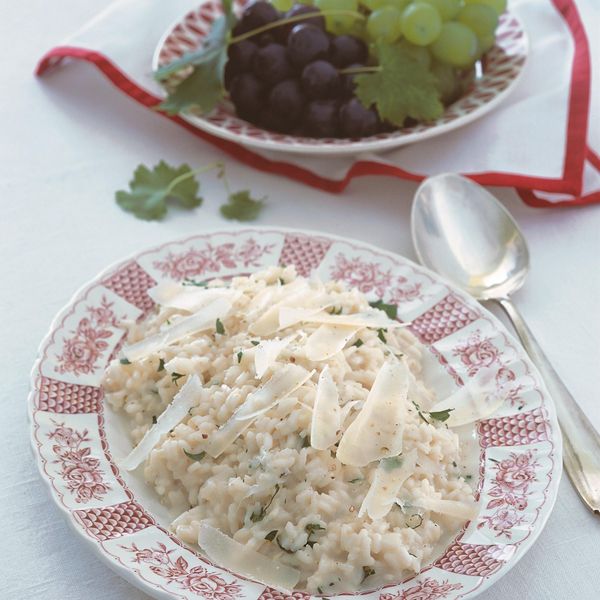
With only 30 calories per pound, strawberries are a wealth of well-being. Perfect for dieters, to fight wrinkles, lower bad cholesterol and keep a clear mind
April and May are the best months to feast on strawberries. From Campania going up from Italy to Veneto, it is in these two months that the peak of production is reached, which then continues in the summer with mountain strawberries from Trentino and Piedmont. Juicy and sweet are the colorful ingredient of many desserts of the summer, the important thing is to choose them well red and keep them in the refrigerator for only a few days. Loved by young and old, strawberries are anything but a sin of gluttony, which can be granted without guilt. Not only that: perfect beauty allies to prepare for summer, strawberries fight water retention and improve the appearance of dry skin.
Lots of water for the skin.
There is no doubt about the moisturizing capabilities of strawberries, considering that they are made up of 90 percent of water. Never again without, therefore, if you want to counteract the dehydration of the hot season, quench the thirst of the body and also the skin. Far healthier than any other drink, especially carbonated and sweetened ones, they are a fresh, light and healthy low calorie snack. With only 30 calories per 100 grams, strawberries cleanse the body of toxins and help counteract water retention, all to the advantage of fighting orange peel skin. Good news for those who want to follow a detoxifying and slimming program in view of the appointment with the bikini.
Better than a wrinkle cream
Greedy and thirst-quenching, strawberries with their low-calorie water give the body an unexpected amount of precious vitamins and minerals, starting with vitamin C. It seems incredible and yet it is enough to eat 5 strawberries to ensure the same vitamin C content provided by a ' Orange. One hundred grams of strawberries in fact provide 54 mg of this vitamin, a friend especially of women because it helps the absorption of iron, essential for the formation of red blood cells, and stimulates the production of collagen, the protein that counteracts the formation of wrinkles and strengthens the walls of the capillaries by improving the oxygenation of the tissues. If you think that the recommended daily intake of vitamin C is 70-90 mg, with 6 or 7 strawberries for breakfast you are good for the whole day.
The red that keeps you young
The redder and more mature they are, the more good they are for the body and well-being. Behind that deep red color hides a large amount of anthocyanins, substances that help to use the stocks of fats stored in our body to produce energy. So they are a godsend when it comes to helping out a weight loss program. But that's not all: these pigments are important antioxidants that fight free radicals and slow down the aging mechanisms of cells.
Down the bad cholesterol
Strawberries are rich in precious fibers to regulate the intestine, reduce the absorption of fats and sugars. But above all, studies conducted in collaboration between scientific and Italian teams suggest that the consumption of strawberries helps to lower the blood level of triglycerides and LDL, or bad cholesterol. And all the credit goes to ellagic acid, which is the same that is also found in the vaunted Goji berries. It also seems that strawberries from organic farming have greater antioxidant power, greater content in total polyphenols and ellagic acid than those from integrated cultivation. One more reason to choose organic strawberries.
Iron memory and clear mind
Among the antioxidants contained in strawberries, there is fisetin which is the protagonist of numerous scientific researches. Also present in lower quantities in mangoes, apples, grapes and persimmons, this powerful flavonoid antioxidant is a super fuel for the brain: it has the ability to protect neurons from oxidative stress, increases serotonin levels - that is, that substance which improves mood and mental energy - and stimulates other neurotransmitters that make our thinking smart, while also improving long-term memory. And as Dr. Pamela Maher, author of important studies conducted on fisetin at the Salk Institute for Biological Studies, one of the most prestigious scientific research institutes in the biomedical field in the world, explains: "Based on the results obtained to date, we believe that fisetin may be invaluable in preventing many age-associated neurodegenerative diseases, such as Alzheimer's. But more rigorous studies are needed. "






